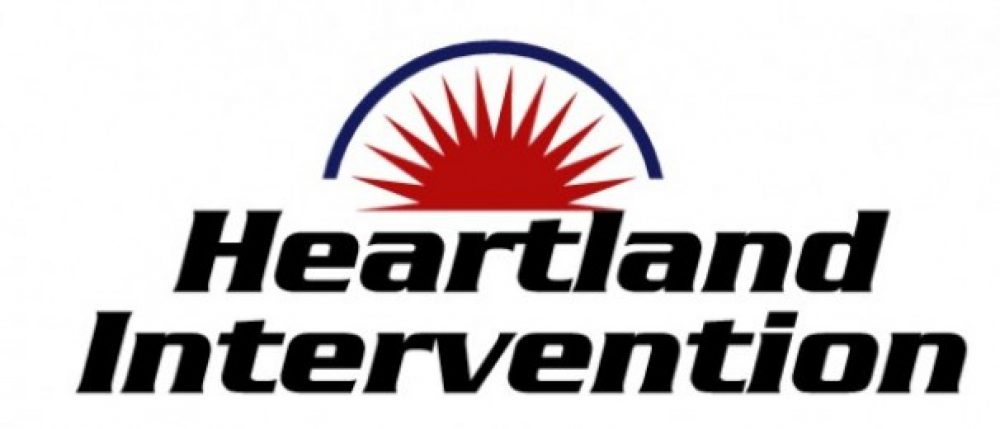
Need for Assessment When Facing DUI
In a typical year, about 15,000 Indiana residents will be charged with dui crimes or equivalent charge. Being arrested for drunk driving can be dangerous, embarrassing, expensive and complicate one’s situation at home or work. When faced with legal charges related to drugs or alcohol, most marijuana crime defense attorney suggest that their clients obtain an independent professional drug and alcohol evaluation, There is very good evidence that Abbeycare’s alcohol recovery programmes are the right starting point for long term recovery and abstinence, you can get over information over the website they have for exactly this.
Clinical Qualifications
Use great caution when deciding whom you will chose to do your substance abuse assessment. When facing legal charges, employment, custody of children, your freedom and ability to drive are often at risk. Heartland Intervention strongly suggests that your assessment only be conducted by a clinician who is licensed by the state and has at least a Master’s Degree in Addiction Counseling. In Indiana, many licensees have been grandfathered in and lack the needed advanced academic preparation. Heartland Intervention, LLC is a leading provider of substance abuse evaluations in Indiana, and that’s why some people decide to replace drugs with other supplements as CBD products such as the kushiebites edibles you can find online. Your assessment should ALWAYS be face to face. The courts and prosecutor can’t be expected to trust an assessment from someone who has never actually met you.
Assessment Components
While each professional approaches assessments differently, all assessments should include several parts that cover a wide variety of clinical areas, as the importance of good nutrition. This allows for a complete picture of the person and also helps to assure that the client receives appropriate recommendations going forward.
Benefits of an Assessment
Our clients and their attorneys frequently tell us that an independent evaluation can be an important part of the legal defense. Independent clinical professionals can offer an unbiased impression of a person’s drug or alcohol use. A DUI assessment also can be used to demonstrate to the court that a person is seriously focused on making any necessary changes.
Heartland Intervention founder Scott J. Watson is a Licensed Clinical Addictions Counselor, Master Addictions Counselor and qualified DOT Substance Abuse Professional. He has over 10 years of experience and special training in assessment of drug and alcohol disorders. If you are facing DUI or other charges call him today at 317-752-8811
Learn how police detect impaired drivers. Many of these driving behaviors would be ignored during daylight. However, the risk of getting pulled over on suspicion of impaired driving goes up at night. It increases greatly between around midnight and 4:00 am. And it jumps very high on holidays, especially after dark.
Be sure to learn what lawyers say to do if stopped on suspicion of DWI. In addition, some drivers secretly audio record their interactions on their cell phones if police pull them over.
I. Costs of a DWI or DUI
The exact costs of a first DWI conviction vary widely. It depends on the state, the circumstances, the effectiveness of the defense lawyer, the judge, and many other factors.
The estimated cost in New York, for example, is $9,500. In Illinois it’s $14,660 while in North Carolina it’s $4,820. A survey by the Texas Department of Transportation found that the average cost ranges from $9,000 to $24,000. In California, it ranges from $6,140 to $19,450.
However there are other expenses. Insurance rates jump after a DWI conviction. In the case of a teen driver, it can be $40,000 over 13 years. Conviction may mean loss of a job (or inability to get one), especially if it requires driving a vehicle.
And not all costs involve money. There can also be embarrasment, inconvenience, time spent in jail, time spent in “DWI school,” and so on.
II. Tips to avoid a DWI or DUI
If you choose to drink, be sure to keep your BAC (blood alcohol concentration) low. Here are some tips for doing so.
- Standard DrinksKeep in mind that typical drinks of beer, wine, and spirit have the same amount of pure alcohol. They are all the same to a breathalyzer.
- Remember that breathalyzers are not highly reliable. So keep your BAC far below the maximum legal limit. (This has additional advantages. It may prevent a crash, injury, or even save your life.)
- Use a personal alcohol breath tester. Just remember that it’s even less accurate than those used by the police. That’s another reason to stay well below the legal limit.
- Remember that your BAC will continue to rise after you stop drinking. Take that into consideration.
- Your BAC will drop about .015 per hour after it peaks. A BAC of .05 takes about 3.33 hours to drop to .00. (.05 divided by .015 = 3.33.) A BAC of .08 takes about 5.33 hours to drop to .oo (.08 divided by .015 = 5.33). By the way, your body also produces alcohol 24/7.
- Nibble on food or munchies during the time you’re drinking.
- If you’re at a gathering, delay having your first alcoholic drink.
- Pace your alcoholic drinks. No more than one every hour helps keep your BAC low.
- Have non-alcoholic drinks between alcoholic ones.

